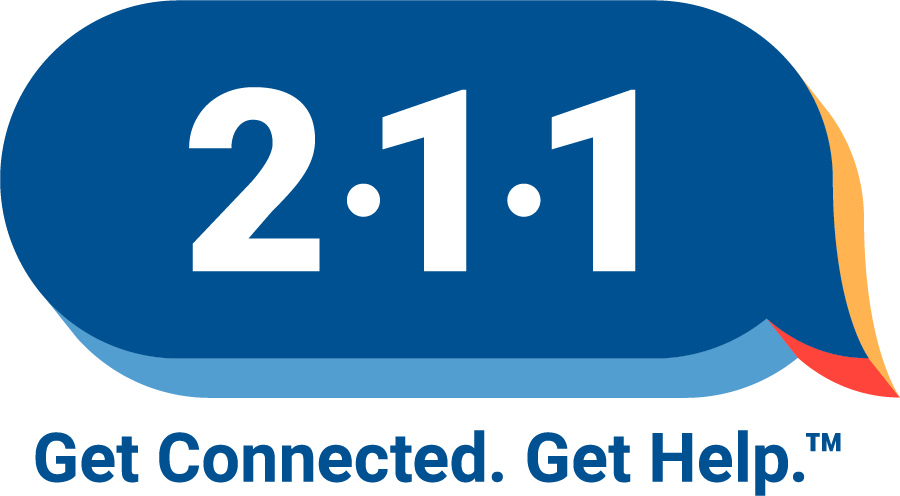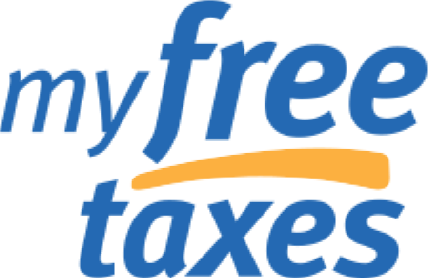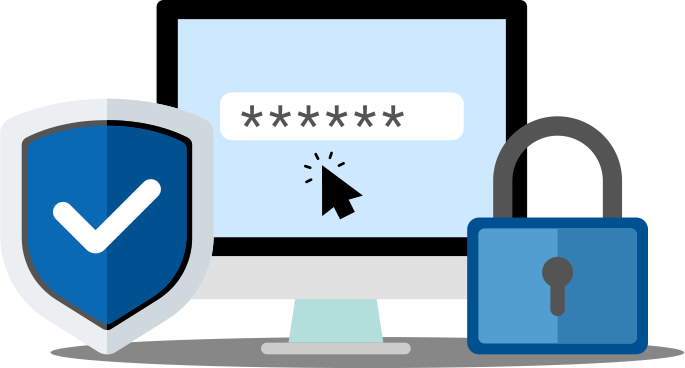Public Charge Rule Changes Threaten California’s Kids
United Ways of California improves the health, education and financial stability of low-income workers and families by enhancing and coordinating the advocacy and community impact work of 31 member United Ways throughout California.
Last year we wrote to Samantha Deshommes, Chief of the Regulatory Coordination Division, at the Office of Policy and Strategy, for U.S. Citizenship and Immigration Services at the Department of Homeland Security, opposing the White House’s proposed changes to the “public charge” rule. Click here to read that correspondence.
Today, we underscore our opposition. The final rule, despite its 837-page length, is vague in its explanation of how the expanded definition will be applied, and to what end. Fear and confusion over this new rule has already proven harmful—especially to kids.
For decades a public charge was defined as someone “primarily dependent on the government for subsistence.” This specifically meant primary dependence on:
- Supplemental Security Income (SSI)
- Temporary Assistance for Needy Families (TANF), commonly known as “welfare”
- State and local cash assistance, sometimes called “General Assistance”
- Medicaid (Medi-Cal) or other programs supporting long-term institutionalized care, such as in a nursing home or mental health institution
Almost no applicant has been denied Permanent Residency (a green card) on these grounds, because all undocumented immigrant adults and nearly all documented immigrant adults are barred from using most federally funded safety-net benefits. Further, green card applicants require documentation from a financial sponsor—a U.S. citizen spouse or other family member—who demonstrates sufficient income (greater than 125% of the federal poverty line) to prevent future dependency on government aid.
Yet, the new definition of public charge moves the goalposts by expanding to include programs that have up to now been available for families with children – food assistance, Section 8 and other housing subsidies, and Medic-Aid. Henceforth, green card and other visa applicants can be denied for past enrollment in any safety-net program, even if they were following program rules at the time. Instead of keeping the prior list of safety-net programs that are off-limits, the final rule expands the off-limits list to include:
- The list given above (SSI, TANF, general assistance, long-term institutional care)
- Supplemental Nutrition Assistance Program (SNAP/CalFresh) a.k.a. food stamps
- Section 8 housing and rental assistance
- Federal housing subsidies
- Non-emergency Medicaid (Medi-Cal) benefits
If approved for one or more of the expanded list of benefits for 12 months in aggregate, within any 36-month period, a public charge denial will be triggered. Receipt of any two benefits in one month counts as two months. Further, anyone to have ever requested an application fee waiver—a waiver historically offered by the Department of Homeland Security and its predecessor, the Immigration and Naturalization Service—could be deemed a public charge and have their application denied. In other words, the final rule penalizes future applicants for past or present use of what they are entitled to by law.
Moreover, the revised also adds a nebulous standard of whether applicants are deemed likely to enroll in a barred benefit program in the future, and rule greatly expands the list of factors that can be considered when determining if an immigrant might become a future public charge. The new list includes:
- Age—Applicants can be denied if they are younger than the minimum age for full-time employment (18), older than the minimum “early retirement age” for social security purposes (61), or any other age that impacts their “ability to work.”
- Health—Applicants can be denied if they have diagnoses that could affect their ability to work (this expands the scope of the required medical examination).
- Family size—Having more children or other dependents could increase the likelihood of a visa denial.
- Skills—Applicants can be denied for not having “skills to either obtain or maintain employment,” as can those whose employment history, education, certifications, licenses, and/or proficiency in English are deemed inadequate.
- Financial status—Applicants can be denied on the basis of their income, assets, credit history, credit score, financial liabilities, and whether or not they have private health insurance (or enough resources) to cover “any reasonably foreseeable medical costs” that could interfere with work or study.
The proposed change to the public charge policy, and the announcement of the final rule have had a chilling effect. Over the course of the last year, immigrant parents in California, and across the country, have eschewed WIC, SNAP (CalFresh), Medicaid (Medi-Cal), as well as Head Start, daycare, and school meals programs—even when their children are U.S. citizens. Documented, undocumented, and mixed status families are afraid of detention, deportation, and family separation, not just of having future visa applications denied. Acting out of fear and confusion, caregivers are choosing to either not apply for the benefits their children are entitled to, or to disenroll from them, because in their minds, this is the most likely way they’ll be able to keep their family together.
California Health Care Foundation research concludes that up to 35% of the 1.3 million children in California who are covered by Medicaid (Medi-Cal) and live with at least one non-citizen adult, are expected to leave the program. Even though the final rule does offer some exemptions—protecting pregnant women, mothers within 60 days of giving birth, and those under the age of 21—fear that a public charge denial might be triggered by the use of Medicaid (Medi-Cal) means 455,000 of California’s kids are likely to lose this coverage—including 93,000 with life-threatening conditions and 56,000 newborns.
13.6% of U.S. residents are foreign-born. One-quarter of U.S. children—19.6 million kids—have at least one immigrant parent. The public charge rule change’s chilling effect cannot be overstated. Urban Institute survey data demonstrates that over the last year, 1 in 7 immigrant families withdrew from, or avoided applying for, a non-cash assistance program for which they qualified. A study published in the Journal of the American Medical Association (JAMA) concludes that an additional 8.3 million children nationwide are at risk of losing the health, food, and other benefits they are entitled to as a result of their parent’s decision to disenroll their kids from these benefits, or not apply for them.
While the National School Lunch Program (NSLP) and the School Breakfast Program (SBP) program were not named in the final rule, for example, food insecurity experts report that confusion over what the public charge policy covers and what it doesn’t, as well as fear over how it will be applied, has already deterred families from submitting applications for school meal programs. Public schools must make meals available to students regardless of their citizenship, and regardless of their parents’ immigration status. Regardless, some school districts have begun sending correspondence to “squash the rumor that signing children up for free or reduced lunches ‘will inform ICE’.”
Policies restricting benefits for immigrants have impacts extending to the neighborhoods in which immigrants reside. For example, community clinics, hospitals, and local health agencies, upon which community members depend, could see fall-offs in funding that could lead to less capacity to serve patients. George Washington University estimates a shortfall of up to $624 million in revenue for community health centers in the coming year alone—meaning 538,000 fewer patients seen, both U.S. born and immigrant alike.
While all undocumented immigrant adults and most documented immigrant adults do not qualify for or make use of federally-funded programs, changes to the public charge policy and uncertainty over how it will now be interpreted are driving moms and dads to avoid food aid, healthcare services, and even programs like Head Start for their kids.
California United Ways pledges to work with every community member and stakeholder to combat the fear and confusion documented, undocumented, and mixed-status families face. We will help to make clear that WIC, school meals, child care, and other benefits, such as Pell Grants, as well as state and locally funded non-cash benefits will not trigger the public charge rule. More importantly, we will urge all caregivers to sign up for benefits that can help their kids today, and make them more successful in the future.
That said, we welcome court challenges to the final rule and hope these are successful.




